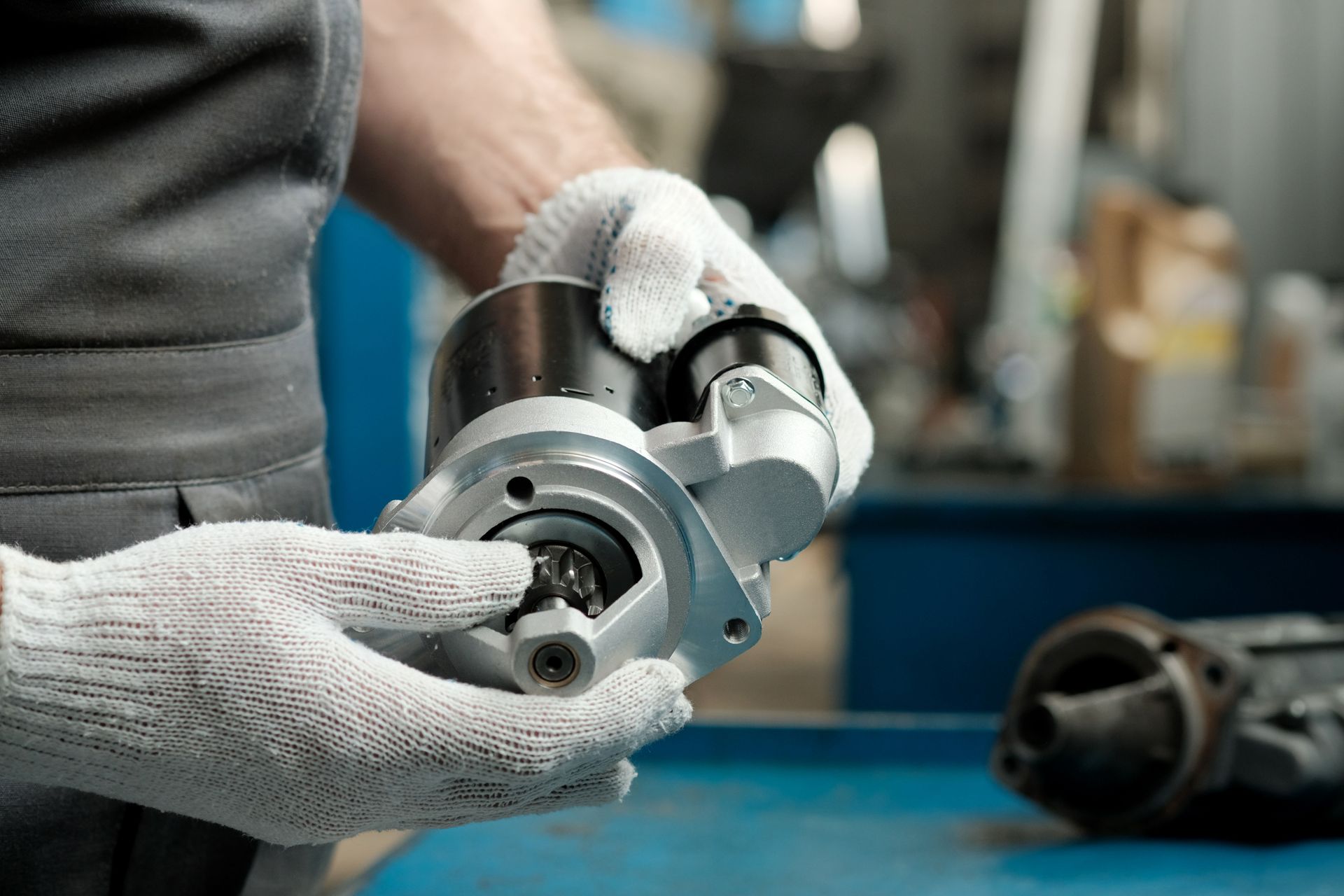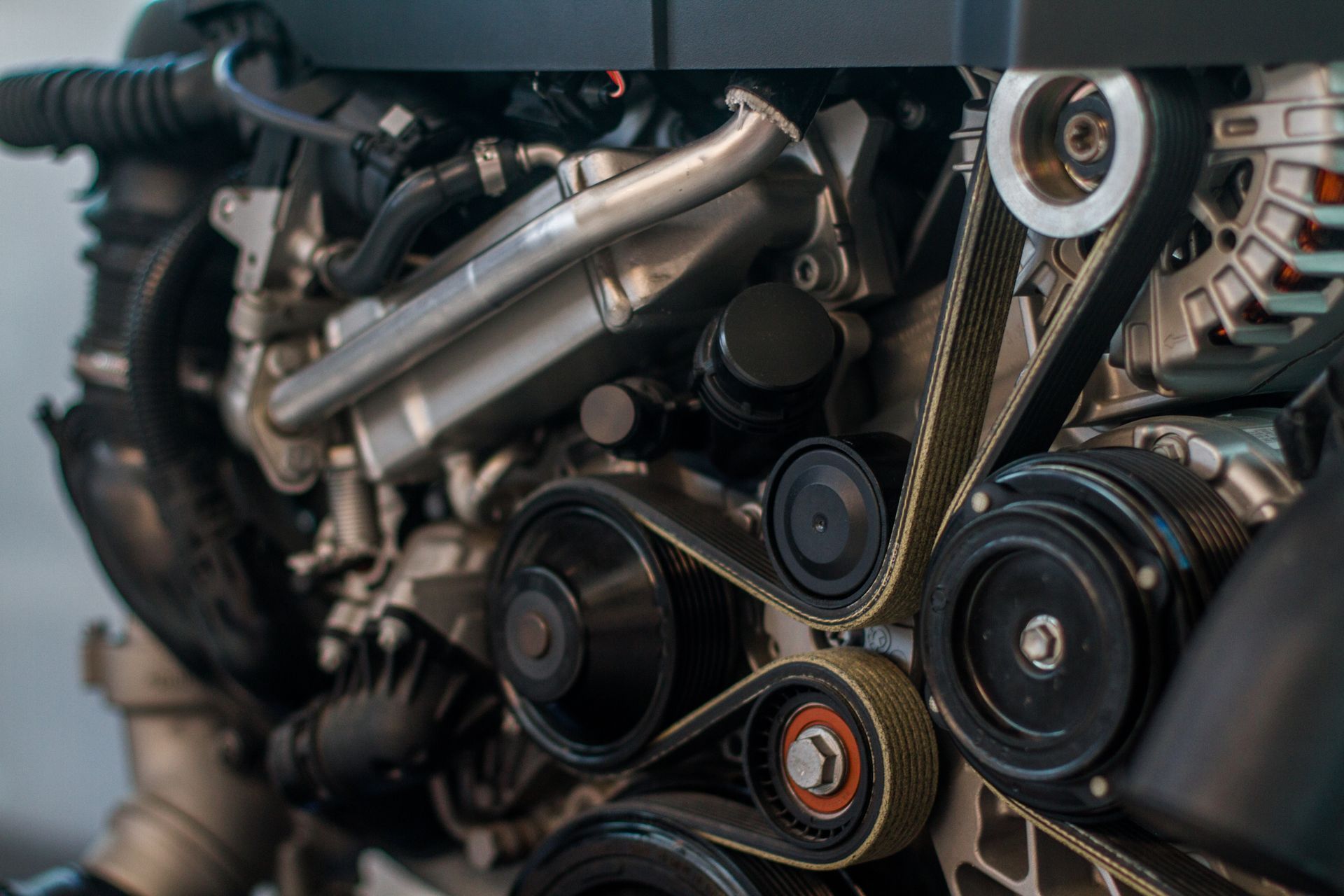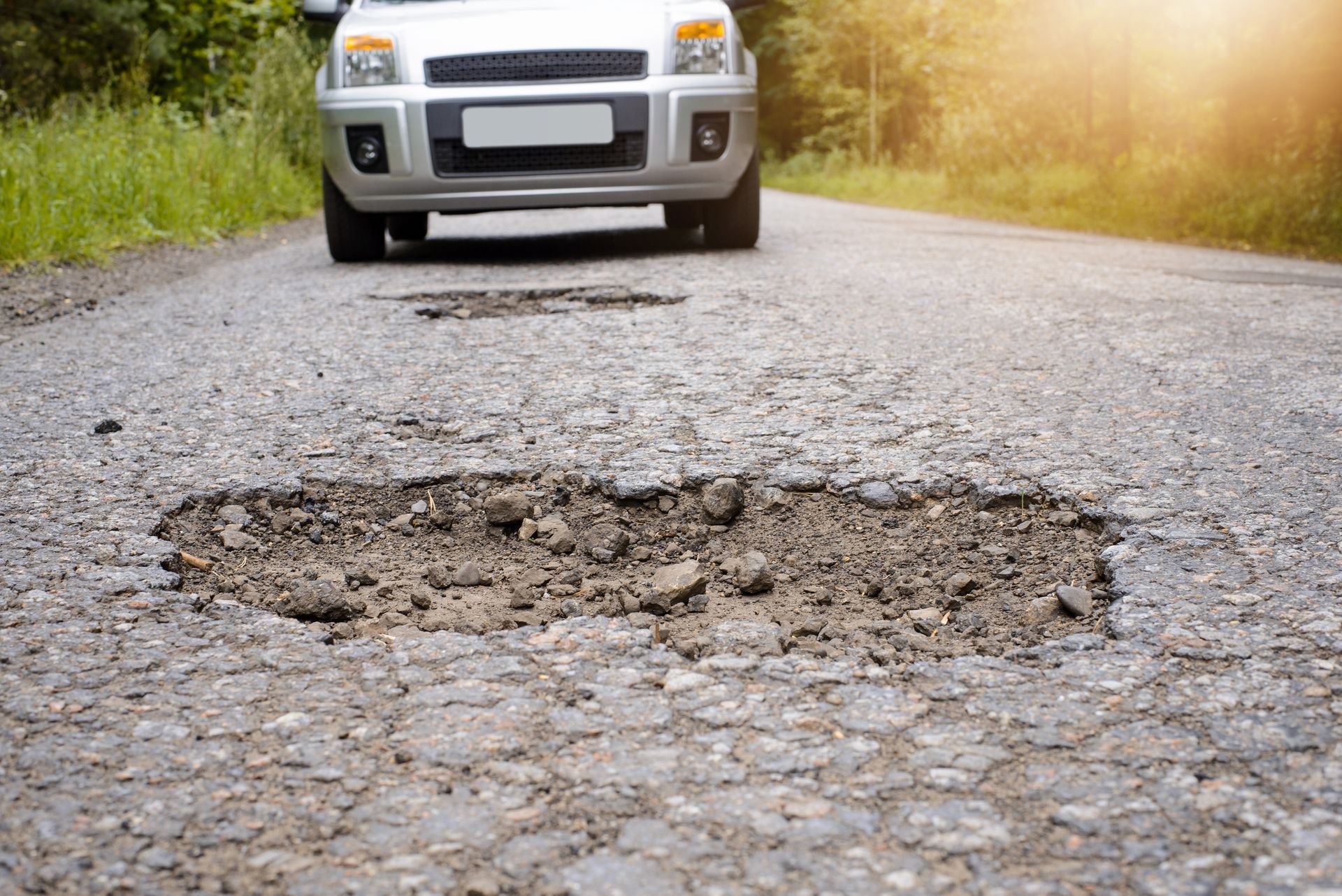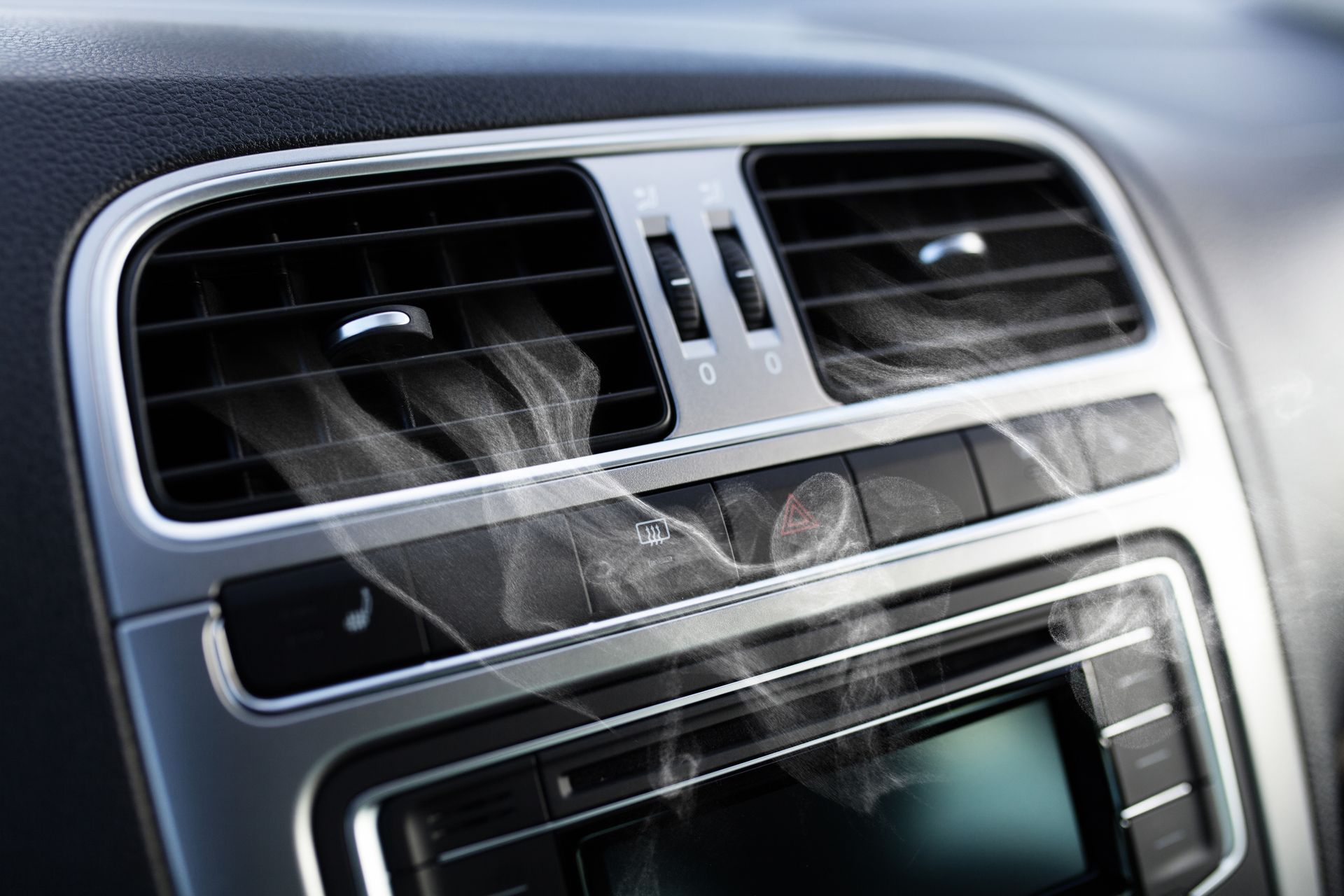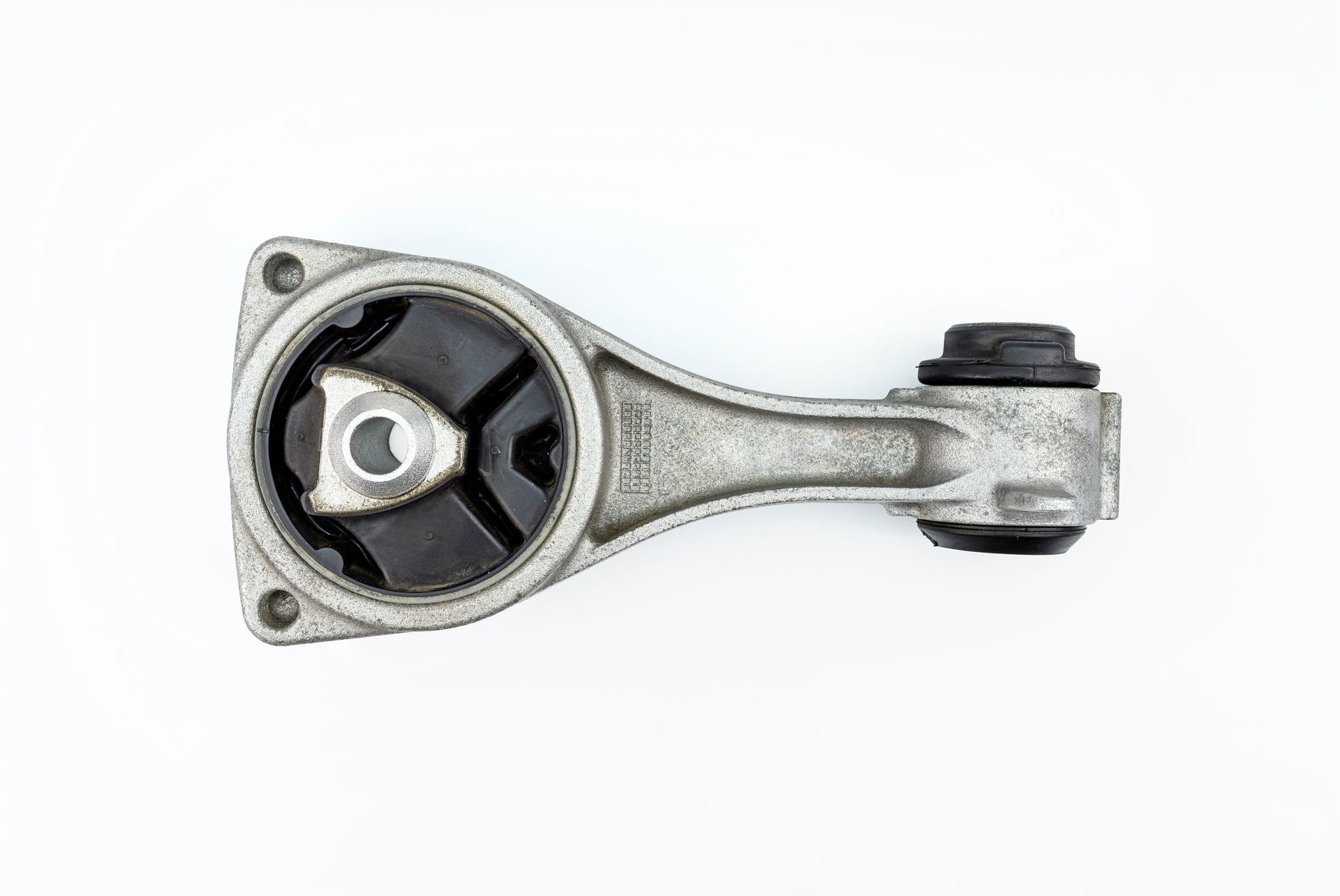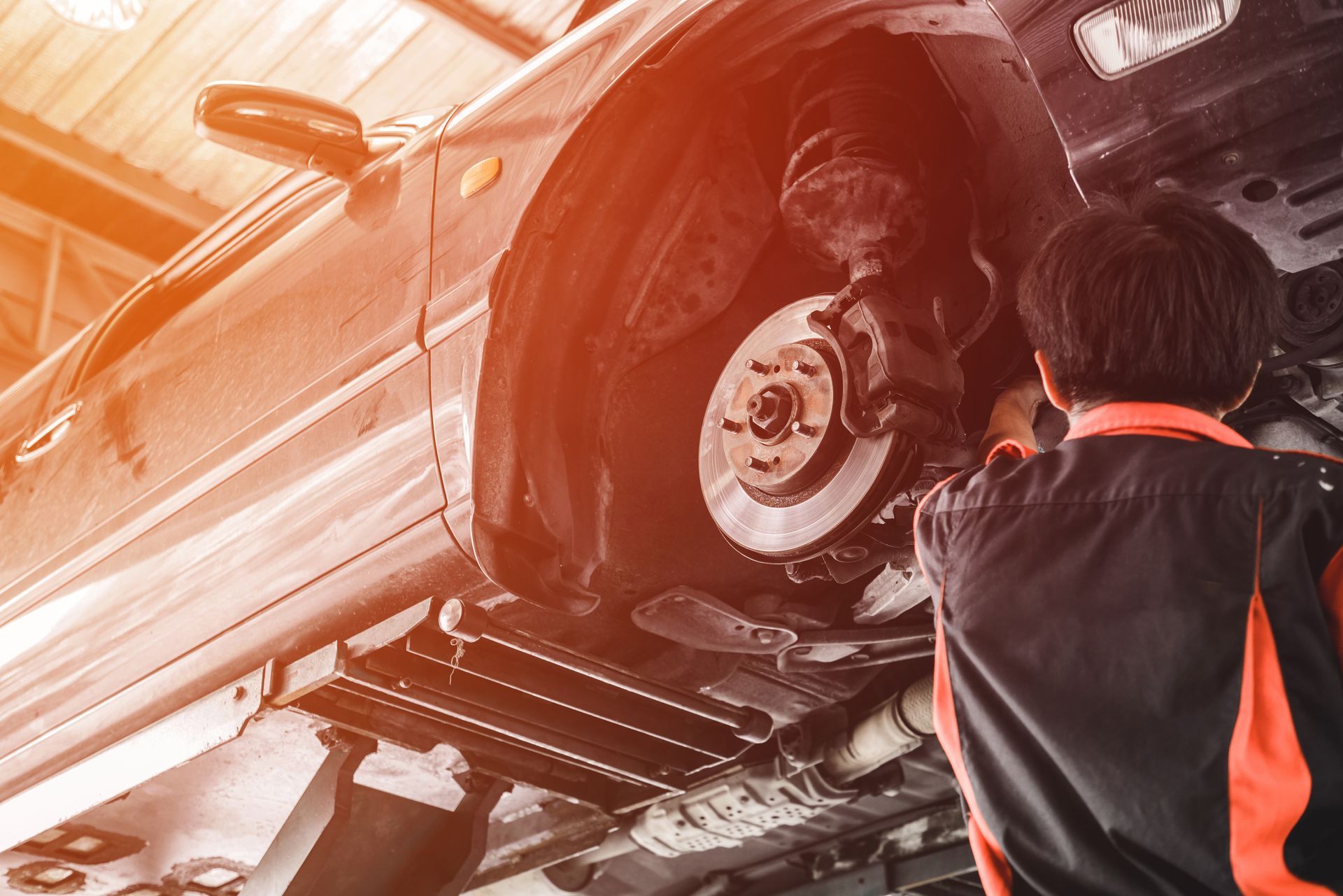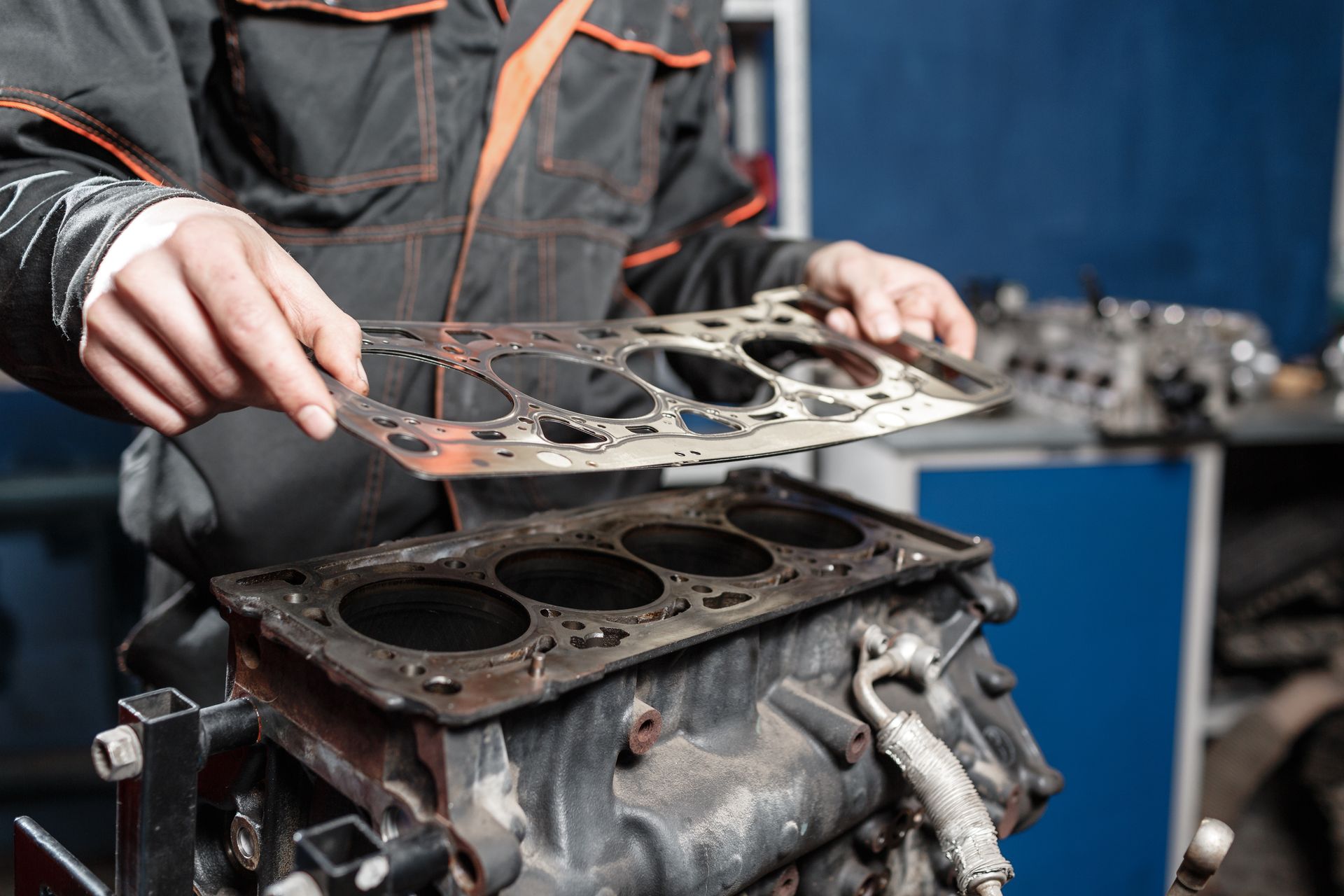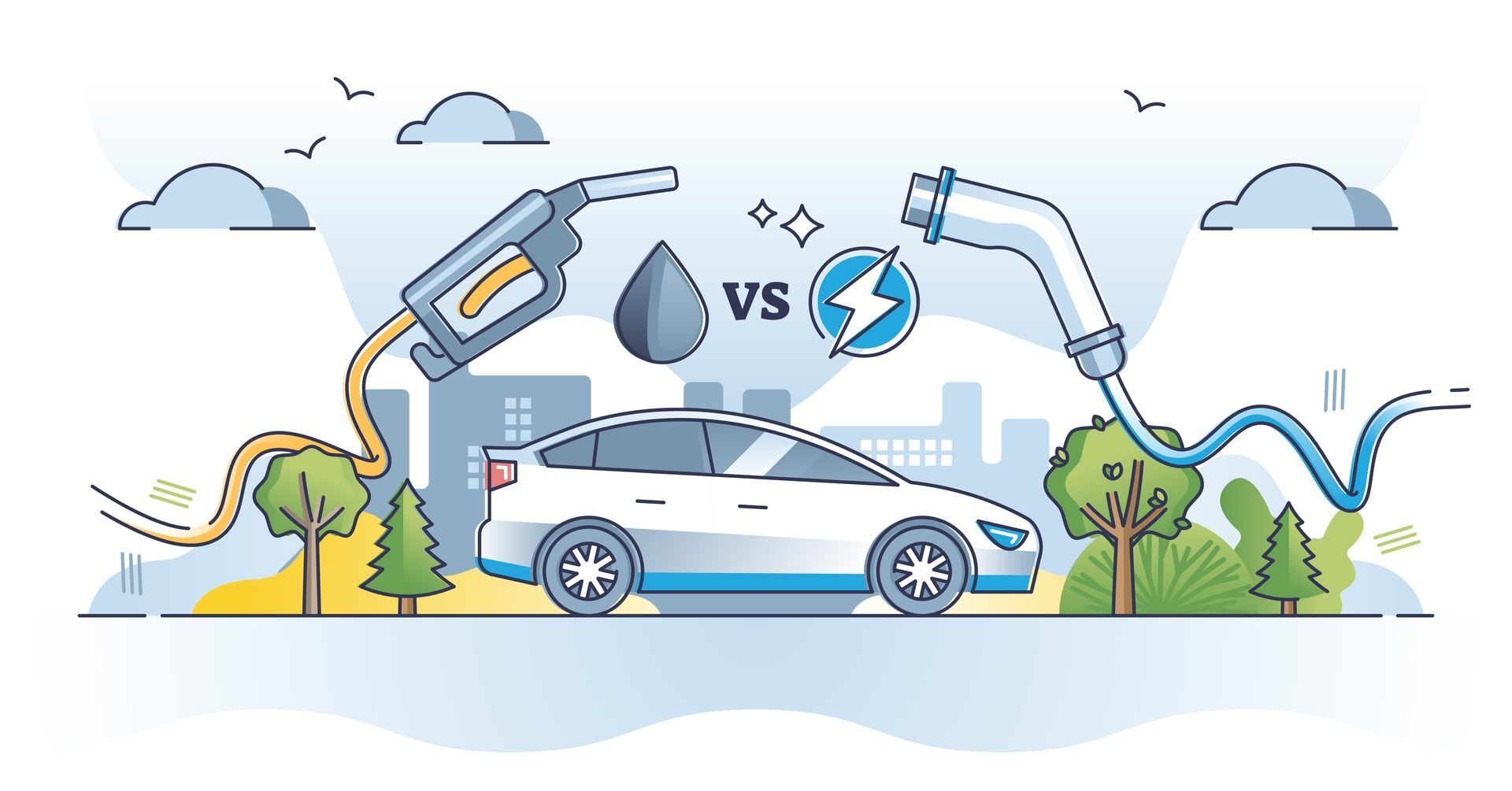4769 Stone Mountain Hwy,
Lilburn GA 30047
Loading ...
Missing business hours data / Error occurred while getting the data.
BOOK AN APPOINTMENT
You do not have My Garage enabled.
Section under maintenance.
Text 'WRENCH' to 470-226-0450 to receive special offers
★
★
★
★
★
Review
Loading ...
Missing business hours data / Error occurred while getting the data.
BOOK AN APPOINTMENT
You do not have My Garage enabled.
Section under maintenance.
Text 'WRENCH' to 470-226-0450 to receive updates
Loading ...
Missing business hours data / Error occurred while getting the data.
Our Address
Having Trouble Finding Us?
Loading ...
Missing nap lines data / Error occured while getting the data.

